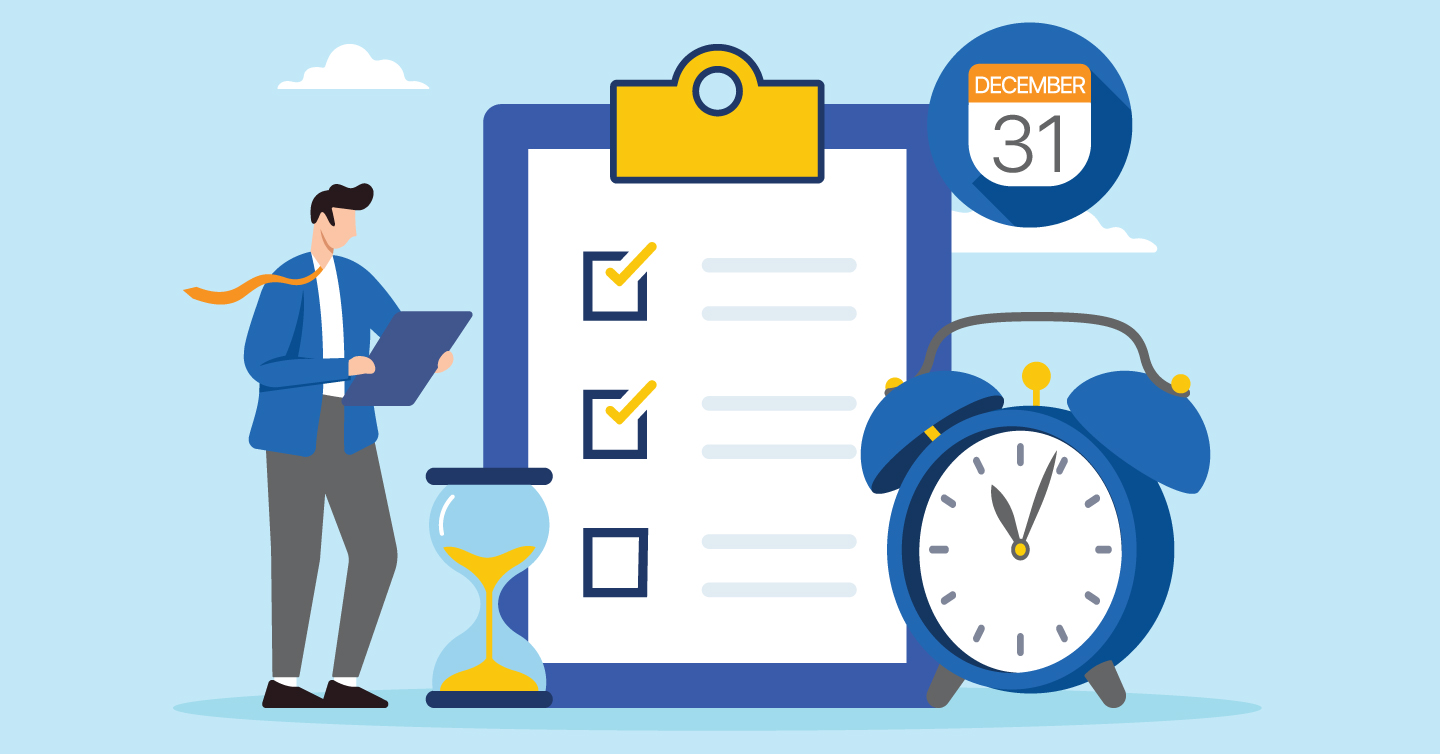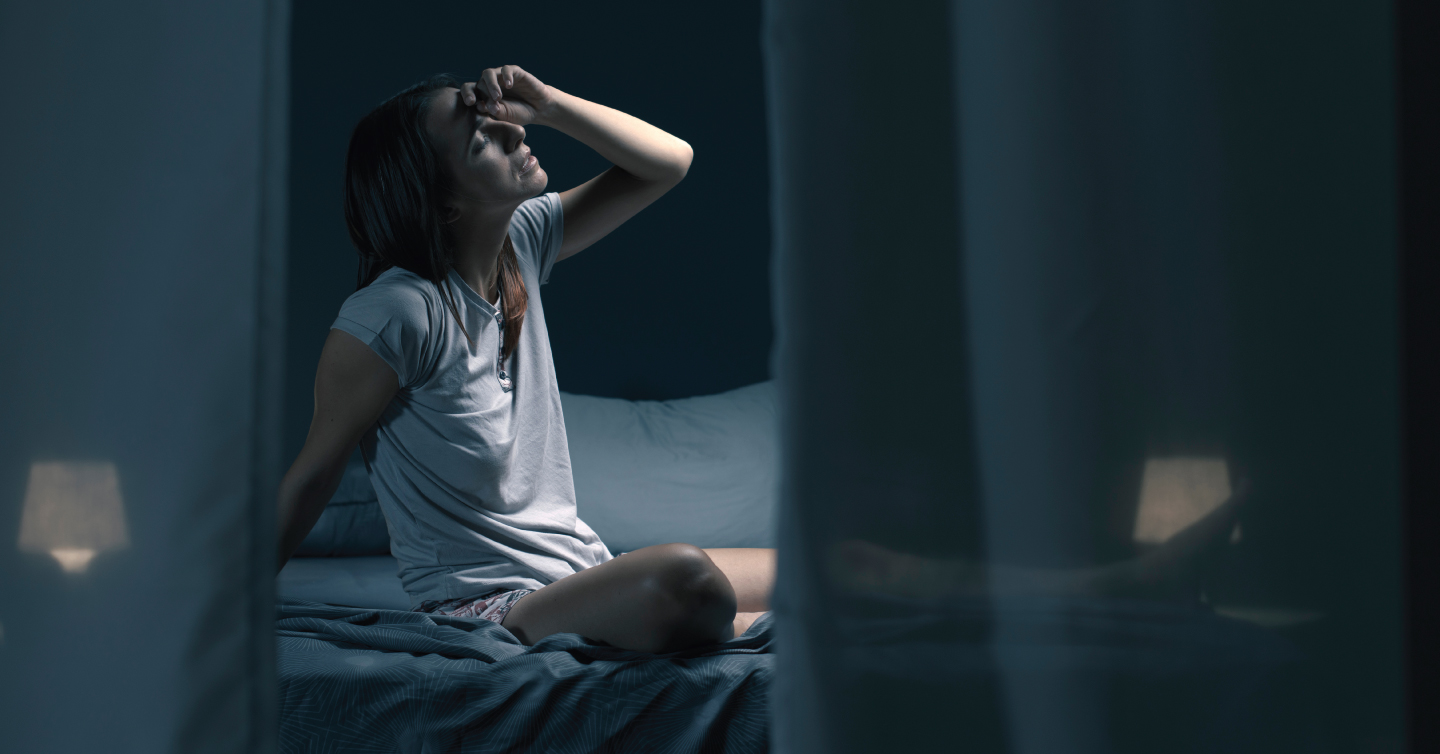What Is Fall Fatigue and What Can You Do About It?

Medically reviewed by Michele Eggers, Supervisor Quality Health Integration-Clinical
11/5/2025
There’s a lot to love about fall in Wisconsin: football, the colors of the leaves, apple orchards and those delicious pumpkin spice lattes that cost a little more than we might like to spend on morning coffee but really hit the spot on a chilly autumn morning. But as the weather changes, so can our mood and energy levels. It’s called fall fatigue.
You might also hear it referred to as seasonal affective disorder (SAD). Though more commonly used for the onset of symptoms in winter, it’s essentially the same thing. The changing season brings about changes to your well-being.
Why Am I So Tired in the Fall?
In the summertime, you might notice that you have trouble falling asleep or staying asleep, also called summer insomnia. The extended daylight, heat and other facts can all contribute to this. In autumn, however, it’s the opposite.
Through September, October and November, the days get shorter, impacting mood and sleep patterns. In addition, many people experience a change in routine during this time. Kids start going back to school, holiday obligations like Thanksgiving pop up and year-end work deadlines can put you on a time crunch.
How Cold Makes You Sleepy
Moreover, the weather gets cold. In Wisconsin, we’re lucky if we can hang onto some of that warmth through October and into November, but that isn’t often the case. Going from daytime temperatures in the 70’s and 80’s to temperatures in the 40’s or 50’s can cause you to be less active.
A particularly hot summer day can sap your energy, but so can a cold autumn day. In the case of cold temperatures, not dressing warmly can result in shivering muscles, which some research has shown can actually cause you to get exhausted even if you’re just standing still.
How to Beat Fall Fatigue
Thankfully, you don’t have to let the changing seasons determine your mood. There are things you can do to fight back against fall fatigue and restore your energy levels. What works for you will depend on your personal circumstances, but we’ll share some things you can try out.
Getting More Light
We know… it’s easier said than done, especially when you may only have a couple hours before or after work to get out and enjoy the sunlight. But even artificial light can be a mood booster and help you feel more awake.
By artificial light, we don’t mean your typical lamp or overhead ceiling light. We’re talking specifically about light boxes, which are intended to closely mimic natural sunlight. Using these in the right way can help you wake up in the morning, carry you through the evening so you aren’t getting tired by 7 p.m. and even boost your mood.
[Read more: How Light Box or Sun Lamp Therapy Can Help With SAD]
Eating Foods to Restore Energy
Diet can also play a role in helping you feel less tired during autumn. Even if you already eat healthy, consider working in some foods specifically for boosting energy, such as leafy greens, berries, nuts and whole grains.
Staying hydrated can also help. Limit caffeine and alcohol, and opt for a glass of water whenever possible.
Getting Active
Just like getting enough sunlight, this one isn’t always easy, but it helps. You might think that exercising would make you feel more tired, but it can actually play a role in regulating your circadian rhythm, meaning you get better sleep and a boost in energy levels. It doesn’t have to be anything intense, and it doesn’t have to be outside. Even just 10 minutes of light yoga in the living room can be beneficial.
Make Changes to Your Home Routine
In the fall, your home might feel a little chaotic. Even into October or November, you and your kids are still forming those habits involved with going back to school. A few small changes can make a big difference, resulting in you feeling less exhausted at the end of the day. Consider the following.
- Have set times for bed, packing lunches, packing backpacks, etc.
- Encourage your kids to be independent (even if it means wearing mismatched socks to school)
- Try to keep the work at work
Give Yourself a Break
When the stresses of work and going back to school have you and your family in turmoil, remember to give yourself a break. It’s a busy time of year, and although stress is a part of life, you don’t need to add more by being hard on yourself. So, take an hour for yourself, eat those cheese curds or be willing to say “no” at work. It’s not the end of the world. Plus, your well-being matters.
Fall fatigue can last a few weeks, but if you find it continuing and nothing you try is helping, consider visiting with your personal doctor. This kind of seasonal change to mood and energy can affect both your personal and work life, so don’t hesitate to get help if you need it.
Resources
https://www.hollandandbarrett.com/the-health-hub/conditions/sleep/fatigue/feeling-cold-and-tired/



